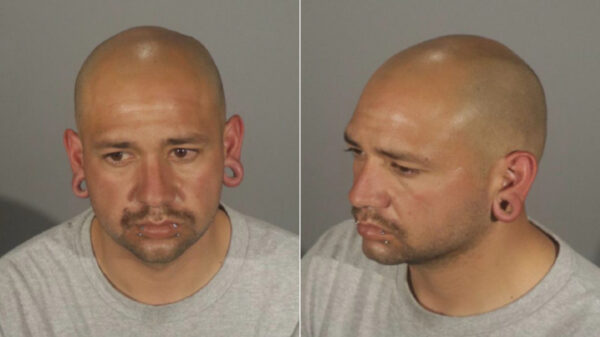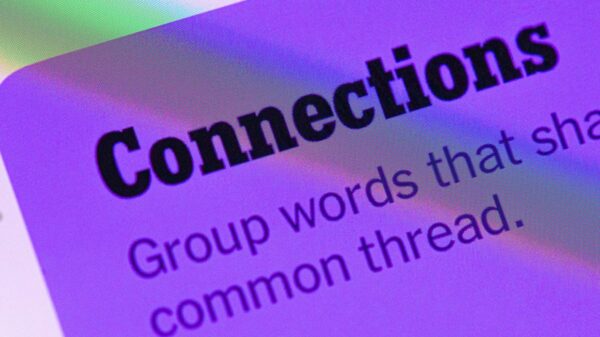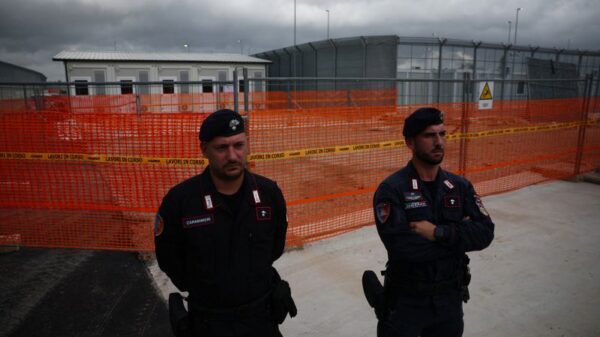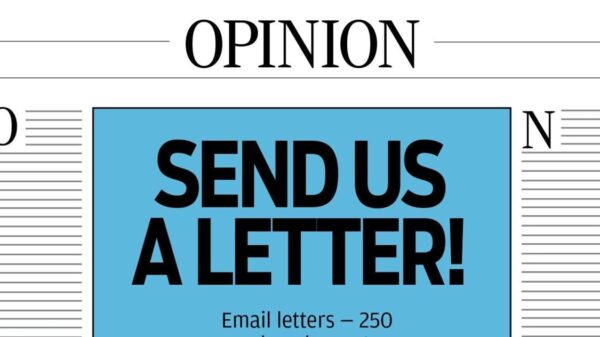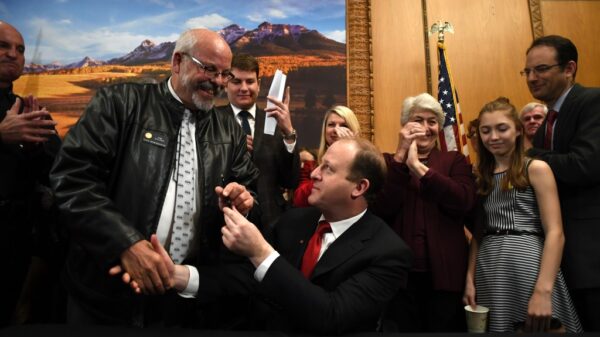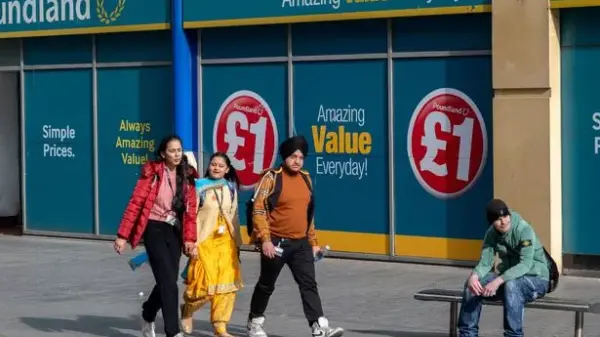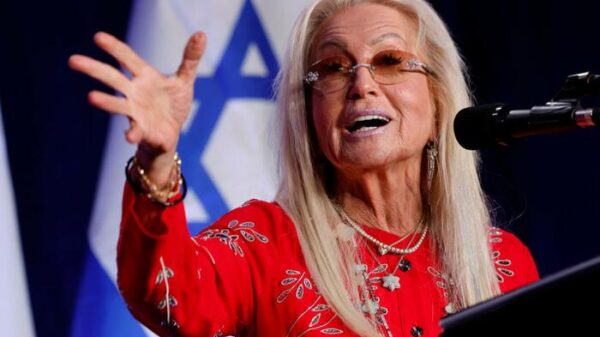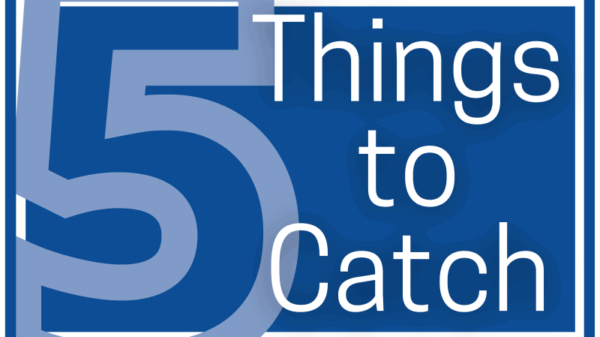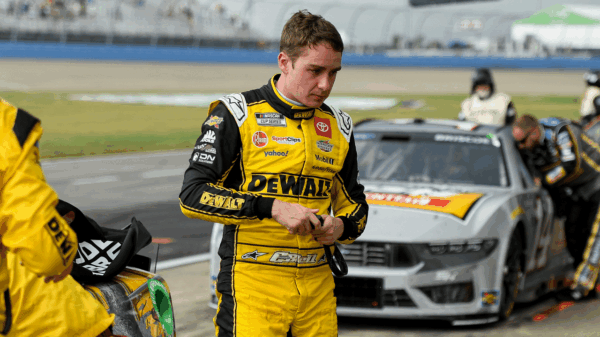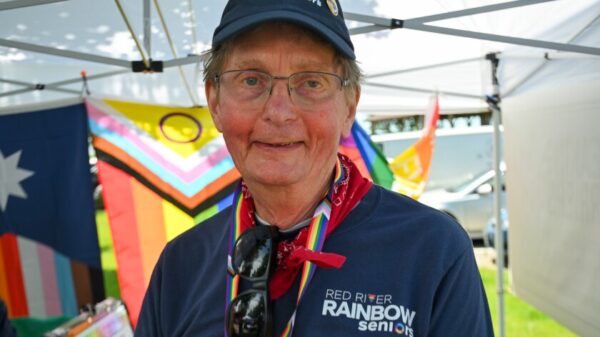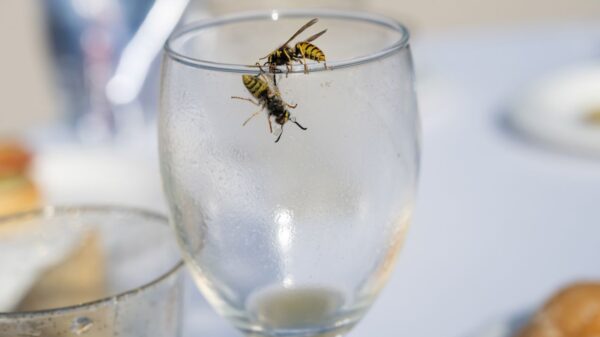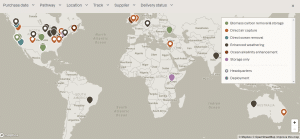URGENT UPDATE: New insights reveal the profound impact of kindness on individuals and communities, highlighting how simple acts can transform lives. A recent mediation case demonstrates the power of compassion in resolving conflicts, as officials emphasize the need for empathy to heal divisions.
In a compelling mediation session, a tenant who faced job loss and addiction sought help for her mounting rent debt. During the discussion, the tenant expressed remorse and a desire to repay her debts. The landlord’s attorney, instead of pushing for eviction, collaborated with the property manager to devise a creative solution that benefited both parties. This act of kindness not only saved the tenant’s housing but also paved the way for her recovery.
The ripple effect of kindness was further illustrated by a local business owner who, after struggling with a homeless individual in front of his store, learned to offer support instead of conflict. A mediator suggested providing the man with a cup of coffee and a small payment for keeping the area clean. Weeks later, the business owner reported a positive transformation: the homeless man became a protector of the store, showcasing the mutual benefits of compassion.
A growing body of research underscores the positive effects of kindness on our health. Studies from the University of Wisconsin-Madison indicate that engaging in or even witnessing acts of kindness can activate the brain’s reward center, leading to reduced stress levels and increased feelings of connection. This phenomenon, termed a “helper’s high,” demonstrates that kindness not only benefits recipients but also enhances the well-being of those who give.
A recent study from UCLA revealed that witnessing altruism can increase charitable giving. Participants who watched a video of a compassionate individual helping others donated an astonishing 25% more to a hospital than those who viewed footage of athletic achievements, emphasizing the contagious nature of kindness.
Experts argue that kindness can be cultivated much like physical fitness. Researcher Helen Weng from the University of Wisconsin-Madison states, “We found that people can actually build up their compassion ‘muscle’ and respond to others’ suffering with care and a desire to help.” This insight offers hope for communities seeking to foster healthy relationships and reduce conflict.
As individuals in positions of power—business owners, lawyers, and community leaders—embrace acts of kindness, they not only improve their own health but also model positive behavior for others. The implications are clear: kindness is a powerful tool for creating happier, healthier communities.
As Melinda Burrell, Ph.D., a former humanitarian aid worker and co-chair of the National Association for Community Mediation, notes, “We all have the power to ripple kindness outward.”
These urgent developments highlight the transformative potential of compassion in our lives and communities. As society faces growing challenges, the call for kindness has never been more critical. Join the movement to foster kindness today and witness the change it can bring.


